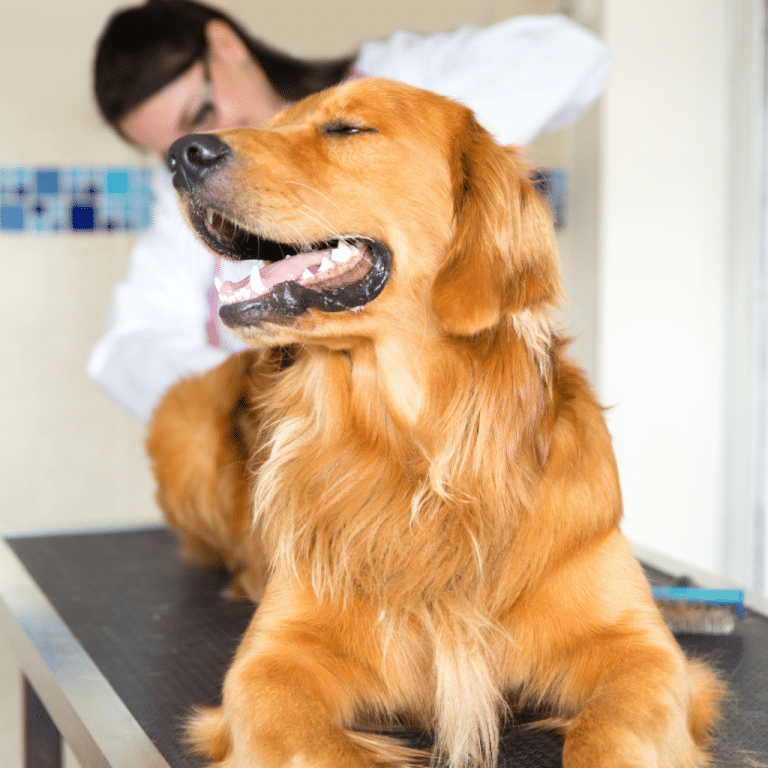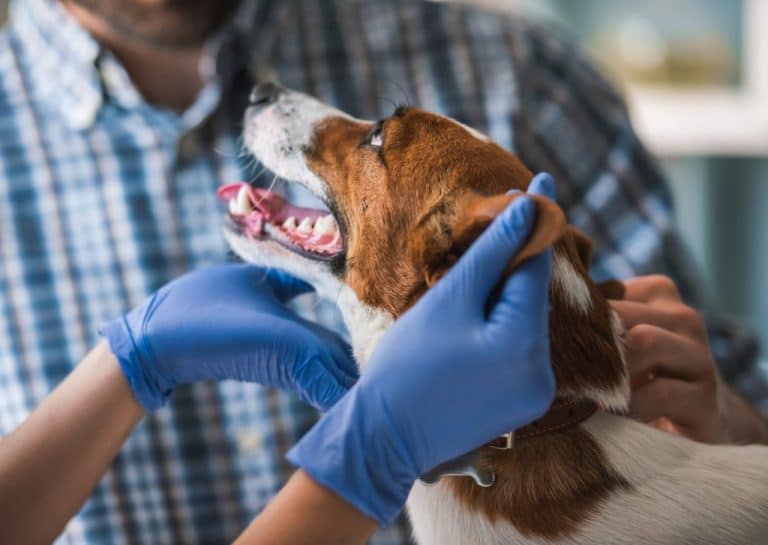Puppies require a series of vaccinations during their early development to protect them from serious and potentially fatal diseases. These vaccinations are typically administered in a series of shots starting at a young age. Here’s a breakdown of the core vaccines that are generally considered mandatory for puppies.
What Vaccines Are Required For Puppies?
Core Vaccines
- Distemper: A highly contagious and potentially fatal viral disease that affects a dog’s respiratory, nervous, and gastrointestinal systems.
- Parvovirus: Another highly contagious and deadly virus that attacks a puppy’s intestinal tract.
- Adenovirus (often called Hepatitis): This virus group causes a variety of illnesses, including hepatitis, respiratory problems, and kennel cough.
- Rabies: A deadly zoonotic disease (transmissible between animals and humans) that affects the nervous system. Vaccination against rabies is usually required by law.
Vaccination Schedule
Puppies typically receive their first vaccinations around 6-8 weeks old, followed by booster shots every few weeks until they are approximately 16-20 weeks old. The exact timing of the series may vary depending on your veterinarian’s recommendations and the specific vaccines used.
Non-Core Vaccines
In addition to the core vaccines, there are other vaccines available that may be recommended for your puppy based on their lifestyle and risk factors. These non-core vaccines include:
- Leptospirosis: A bacterial infection spread through contaminated water or soil.
- Bordetella (Kennel Cough): A highly contagious respiratory illness common in places where dogs congregate.
- Canine Influenza: A respiratory illness caused by a different influenza virus than the one that affects humans.
- Lyme Disease: Transmitted by ticks, this disease can cause lameness, fever, and kidney problems.
Consulting Your Veterinarian
It’s crucial to consult with your veterinarian to determine the optimal vaccination schedule for your puppy. They will consider your puppy’s age, breed, health, lifestyle, and risk factors for various diseases when recommending the most appropriate vaccination plan. Additionally, some areas may have specific vaccination requirements for dogs, so your veterinarian can advise you on any local regulations.
By following a proper vaccination schedule recommended by your veterinarian, you can help your puppy develop a strong immune system and protect them from preventable illnesses. We at Beach Avenue Animal hospital provide professional pet vaccinations services. Contact us now for free consultation about the proper shots for your puppies and dogs.










